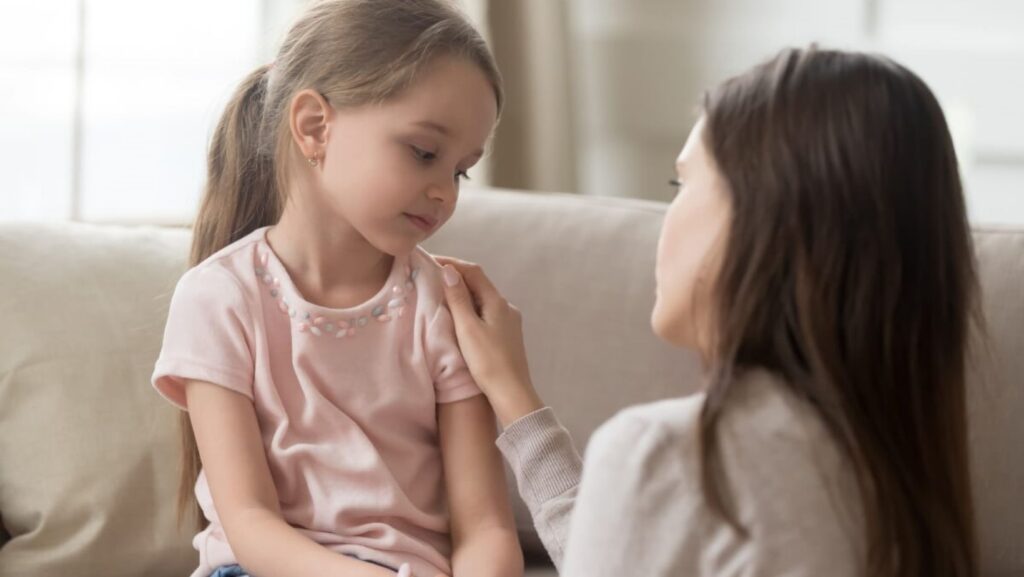Everyone hopes to raise a happy, socially confident child. When communication and connection can affect everything from friendships to future success, learning these skills early has never been more important. Social growth needs nurturing, practice and the right environment too – especially in the early years.
Today’s parents face a unique challenge. More screen time, less face-to-face contact, and faster routines are becoming normal for children. It’s therefore critical to help kids form social foundations while they’re still young. But social confidence is also about being able to navigate relationships, understand emotions, speak clearly and be comfortable in social situations.
Why Early Social Development Matters

Social development begins at home – parents modeling behavior in everyday interactions. Simple things like looking at someone in conversation, showing empathy for someone upset, and listening actively are examples. If they repeatedly see such behaviors, children mimic them.
But modeling isn’t enough. They also need chances to socialize with peers – both structured and unstructured. Playdates, family gatherings, classroom activities, and even simple interactions at the park offer valuable social learning opportunities. Additionally, an interactive digital platform can provide a space for children to engage with others, practice communication skills, and navigate social dynamics in a safe environment. These experiences teach kids to take turns, handle disagreements, read facial cues and body language, and begin to develop emotional intelligence. These early skills build the foundation for more complex relationships later in life
Helping Children Understand Emotions
Social interaction requires more than just words—it relies heavily on understanding emotions. Teaching children to identify and express their feelings helps them relate to others. This emotional literacy promotes empathy and self-regulation, two core aspects of strong social behavior. Children who understand their own emotional landscape are better equipped to respond appropriately to others. Practicing how to handle disappointment, frustration, or change builds resilience and reduces social anxiety.
Whether through storybooks that talk about emotions, simple labeling of feelings during the day, or gentle conversations during moments of stress, parents can help children become emotionally aware and socially confident. This foundation makes it easier for them to connect with others, express themselves clearly, and problem-solve in group settings.
Practice Social Scenarios at Home
Another helpful approach is practicing social interactions through role-play. This is especially useful for children who may feel nervous in unfamiliar settings or with new people. By acting out common social scenarios—like asking to join a game, greeting a new friend, or saying sorry after a disagreement—children learn what to expect and how to respond. When practiced in a safe, encouraging home environment, these rehearsals build familiarity and confidence.
Over time, repetition eases the uncertainty of social situations. A child who has role-played introducing themselves at home will likely feel less anxious about doing so at school or at a birthday party. This sense of preparedness empowers them to step into social interactions more comfortably.
Structured Social Skills Groups: Their Value
Despite best efforts at home, some children need additional support to thrive socially—especially if they experience communication delays, anxiety, or are on the autism spectrum. That’s where structured social skills groups come in. These groups are typically led by trained professionals and focus on helping children build specific social abilities in a safe, consistent environment.
What makes these groups effective is their balance of structure and interaction. Children learn through guided play, group conversation, and real-time feedback. They’re encouraged to express their thoughts, listen to peers, share, take turns, and navigate conflict—all while being supported by specialists who understand child development.
The experience of learning with others who may face similar challenges also brings a sense of comfort. Children begin to understand they’re not alone, and that social skills are learned—not magically acquired. With time, encouragement, and consistent exposure, even shy or socially anxious children can make meaningful progress.
Finding the Right Program
For families exploring options for social skills groups near me, it’s important to look for programs that offer both structure and creativity. Sessions should be engaging, age-appropriate, and led by professionals who can tailor their approach to each child’s needs.

One example of a program that fits this model is Rise Up For Autism, which offers focused group sessions for children needing support in social development. Their programs use playful and purposeful methods like storytelling, group discussion, and peer interaction to help children develop social comfort, empathy, and communication skills.
In many of these programs, parents are included in the process—learning how to reinforce what’s taught during sessions at home. This teamwork between professionals and families often leads to stronger, longer-lasting growth.
The Long-Term Benefits of Social Confidence
When children experience developmental changes early, the effects can last a lifetime. Socially capable children tend to have stronger peer relationships, feel more secure in classroom environments, and are more likely to participate in team activities. These early wins often lead to broader adult skills like conflict resolution, emotional intelligence, leadership, and collaboration.
